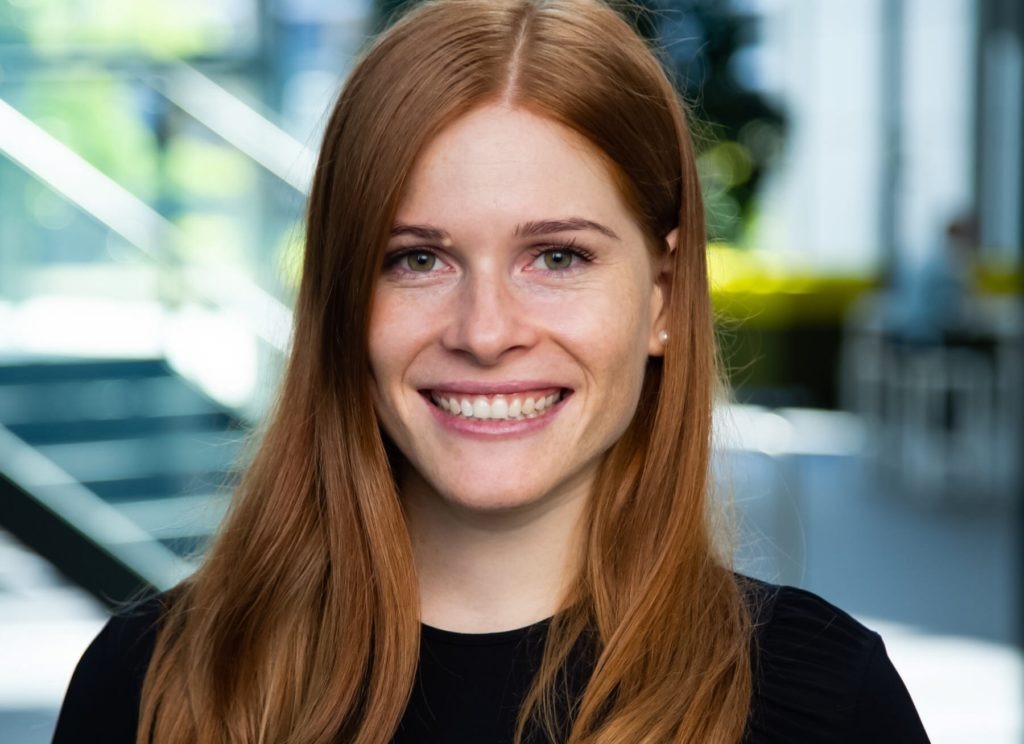Renee Wootton dreamed of becoming a pilot her entire life. When she achieved that milestone, her next pursuit turned quickly into becoming an astronaut.
A proud Tharawal woman, Renee is passionate about aviation, as well as addressing climate change and encouraging more women into STEM careers; advocacy which led to her appointment as a Superstar of STEM in 2020. She’s also passionate about calling attention to the desperate need to do more for country, culture and the environment.
As an aerospace engineer and commercial pilot, Renee has delivered and led Australian aviation projects for the past nine years. Currently she’s project managing the technical milestones of an upgrade on Australian military aircraft, and is about to join the Western Sydney Airport Infrastructure development project, which will be one of the biggest projects in aviation that Australia has seen in years.
For Renee, a self described “aviation geek” or “avgeek”, it all aligns with her interests and expertise in aviation, space, infrastructure engineering and technology, which she believes can all be leveraged to improve the world around us.
And the best bit? “I get to smash through stereotypes and take on challenges that matter to local communities and to the world.”
We spoke to Renee in line with this year’s NAIDOC week, notably around the theme of “Heal Country” and her perspectives as a woman in STEM.
She says that Healing Country can only happen if the right leadership is in place to make decisions for Australia and internationally that lead to renewed culture, connection to country, truth telling and protection of the environment. Which, in Australia she says, means giving an Indigenous voice to parliament.
“Indigenous voices and healing country has never been as important as it is now,” she says.
“The land doesn’t belong to us, we belong to the land and until Australia’s Government and communities truly appreciate that connection, there will be many more mistakes made before our environment and country can heal.
“To Heal Country means that all Australians are actively working towards respecting and upholding the underpinning believes of Aboriginal and Torres Strait Islander culture.” She highlights how events of the past year highlight just how Australia can do better.
“We’ve learned of our sacred sites being destroyed in the Pilbara by BHP, a year after Rio Tinto faced international condemnation for the destruction of Juukan Gorge, artefacts have been disposed of like rubbish, the Torres Strait Eight are taking the fight on climate change inaction to the United Nations, access to country has been denied and the Australian government have just recently criticised the United nations for their decision to include the Great Barrier Reef on the ‘In Danger’ list of world heritage sites.
Particularly, she notes the Summer bushfires of 2019/20 as underscoring just how critical Indigenous wisdom of the land is, particularly around fire management techniques Aboriginal people were using long before the country was invaded and colonised by Europeans. She says the “cultural burns” techniques that were relied on to rid the environment of various levels of fodder.
Australia is vast, with many different micro-climates and regions and weather patterns — which makes it essential to have intimate knowledge of the lands, seasons, plans, animals and weather patterns in capturing those small windows of opportunity to cindust burnoffs.” she says.
“The deep interconnectedness Aboriginal people maintain with each other and with the world around them gives them an appreciation for how to care for this country and when the right time is to carry out burning-off; thus, consultation with local communities and Elders is essential as they know the land best.”
She’s urging everyone to look at how we can stand in solidarity with Aboriginal and Torres Strait Islander peoples to continue the fight to protect country and culture, and to ensure business and the economy can be maintained sustainably, “with culture, truth telling and environment at the core of our decision making.”
In 2018, Renee was recognised as one of the Top 30 Indigenous Leaders of NSW, and a finalist in the NSW/ACT young Achiever Awards
As well as Renee’s advocacy and work in engineering, she’s also on the Board of Shalom College Gamarada Program, supporting tertiary education for Indigenous University Students and participation in the Superstars of STEM program.


